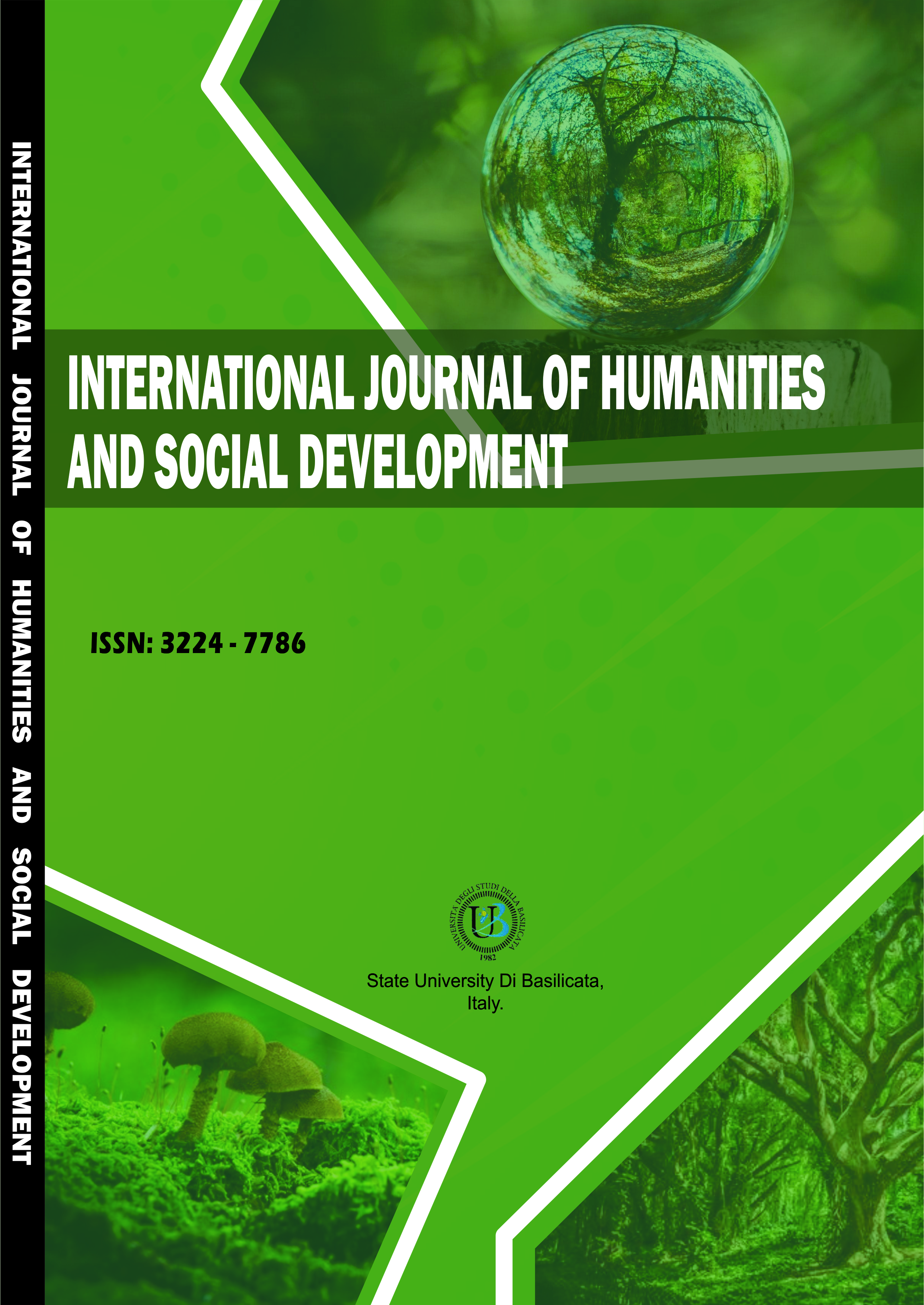INTERNATIONAL JOURNAL OF HUMANITIES AND SOCIAL DEVELOPMENT (IJHSD)
ECOMUSICOLOGY AND INDIGENOUS KNOWLEDGE ON THE LANDSLIDE IN AGULU AND NANKA IN ANAMBRA STATE, NIGERIA
E-ISSN: 2133 - 3762
P-ISSN: 3224 - 7786
DOI: https://iigdpublishers.com/article/476
This study investigates ecomusicology and indigenous knowledge on the landslide in Agulu and Nanka in Anambra State, Nigeria. The research aim at investing the aspect of landslide/erosion ecocriticism. The researcher utilizes the quantitative ethnographic method and secondary method which involve oral interview. It concludes by emphasizing the use of collaborative partnership among government, community and stakeholders in order to ameliorate the adverse effect of landslide/erosion in the area. It recommend that government heed to initial cry/call of the community through folksongs that are magnify through the invocation of the existence and series of devastating environmental degradation which apparently arouse the wrath of the whole communities. The impetus of ecological fight through folksongs of ecomusicology in environmental crisis. The theory engaged in this work is model theory of A. S. Allen which states that ecomusicology music of environmental crisis advocate for the voiceless in the time of environmental crisis.
OFFOR NDUBUAKU
Allen, A. S. (2011). Ecomusicology: Ecocriticism and musicology. Journal of the American Musicology Society, 64(2), 391 – 393.
DeNora, T. (2004). Music in everyday life. United Kingdom: Cambridge University Press.
Igwe, O., & Ifeanyichukwu, O. V. (2020). Gully erosion in the Agulu-Nanka region of Anambra State, Nigeria. https://www.semanticscholar.org/paper/Gully-erosion-in-the-Agulu-Nanka-region-of-
Anambra-Egboka-Okpoko/7ef7778c4f2945bc3e8e4e8bcd4a6c0192c4a902.
Okagbue, C. (1992). The 1988 Nanka landslide, Anambra State, Nigeria. Geology Publications.
Pedelty, M. (2012). Ecomusicology: Rock, folk and the environment. Temple University Press.
